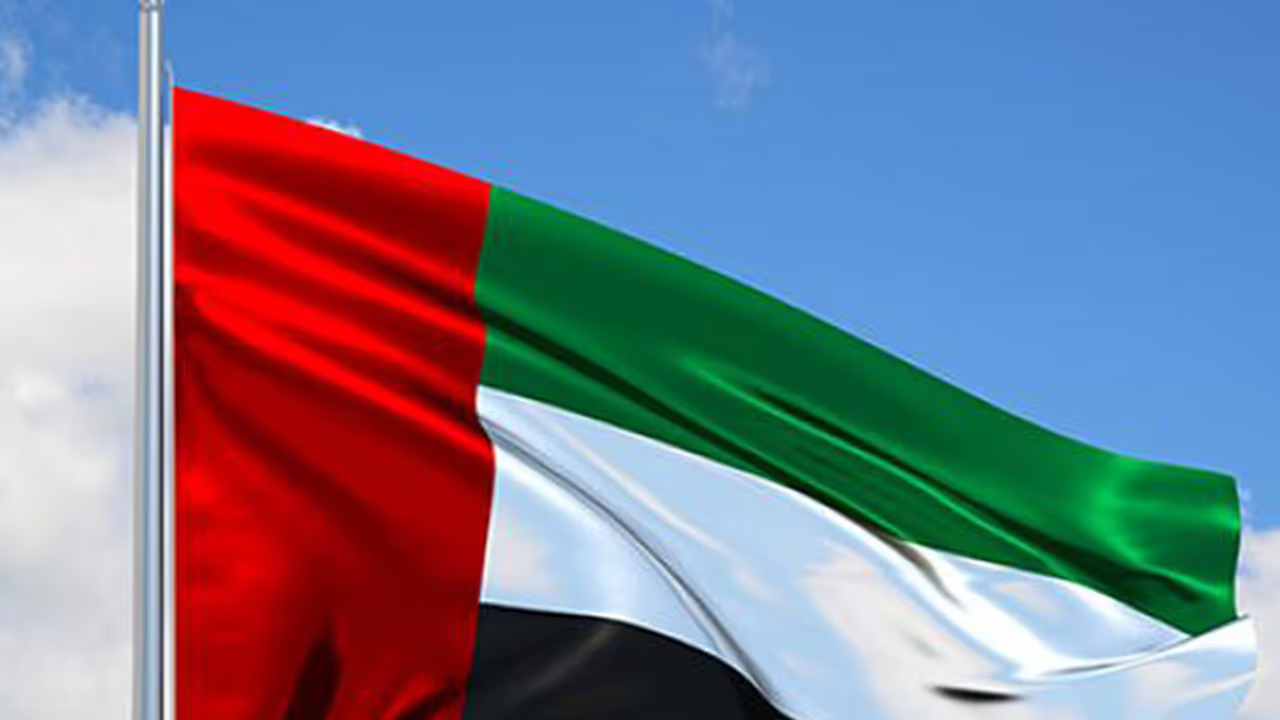The Emirati defence ministry said the missile was intercepted and destroyed, adding that its debris fell on an uninhabited area.
The United Arab Emirates (UAE) on Monday said they had intercepted a ballistic missile that Yemen's Houthi released as the Gulf state hosted Isreal's President Isaac Herzog during his first such visit.

According to the Emirati Defence Ministry, the missile was intercepted and destroyed, and its debris fell on an uninhabited area. It did not confirm whether the missile targeted the UAE's capital Abu Dhabi, or Dubai, the Middle East's business and tourism hub.
The civil aviation authority of UAE said the air traffic in the Gulf country was working as usual, and all flights operations were operating normally despite the attack, state news agency (WAM) reported.
The UAE is a member of a Saudi-led coalition fighting the Iran-aligned Houthis in Yemen. This seven-year conflict has killed tens of thousands and brought the impoverished country to the brink of starvation.
Yemen's Houthi military spokesperson tweeted late on Sunday that the group would disclose the information within hours of a new military operation deep inside the UAE without revealing any further details.
On January 17, Houthis launched a deadly strike on Abu Dhabi. On Monday, the second foiled missile assault, after UAE-backed Yemeni militias intervened along frontlines where the Houthis had made inroads last year.
According to the UAE's defence ministry, coalition warplanes destroyed missile launchers in Yemen.
Last week, the Gulf state's public prosecutor announced that several people had been summoned for sharing videos of defence systems intercepting a previous Houthi missile attack. This interception received no social media attention.
The attack on Monday came as Herzog discussed security and bilateral relations with the UAE's de facto ruler, Prince Sheikh Mohammed bin Zayed Al Nahyan, in Abu Dhabi.
An Israeli official told Reuters, Herzog spent the night in Abu Dhabi. The official confirmed he would continue his UAE visit despite the Houthi attack. The United States condemned the attack.
The State Department spokesperson Ned Price tweeted, 'While Israel's president is visiting the UAE to build bridges and promote stability across the region, the Houthis continue to launch attacks that threaten civilians.'
In 2020, the UAE and Bahrain signed the "Abraham Accords," normalisation agreements with Israel mediated by the US. The UAE has reduced its military presence in Yemen significantly since 2019, but it still wields power through large local forces that it has built and armed.
The war in Yemen has gotten much worse in recent months, with the coalition increasing airstrikes on Yemeni cities and the Houthis increasing cross-border attacks.
